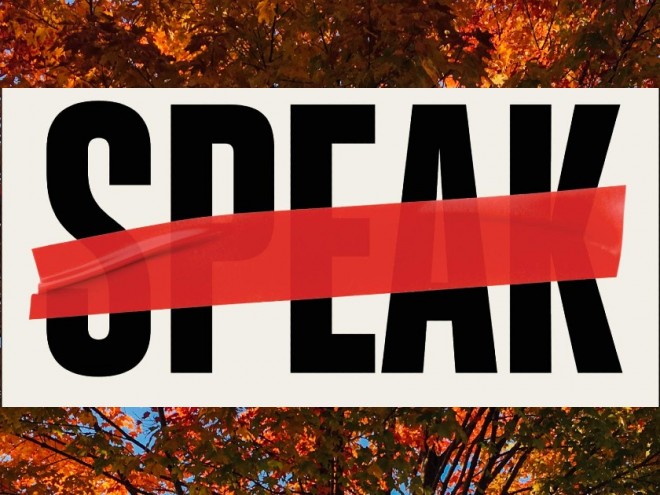In an era where one tweet can launch or end your career, where free speech is invoked with great passion but limited understanding, where the First Amendment can be mistaken as a smokescreen for hatred, learning to maneuver the rough and tumble terrain of public discourse has never been more urgent.
In Dare to Speak, leading free expression advocate Suzanne Nossel argues that we can and must uphold the rights of individuals to speak their minds, while also working assiduously to build a more equitable, inclusive public culture committed to dismantling racism and other forms of bigotry. Centered on 20 easy-to-grasp, practical principles, Nossel’s manifesto equips readers with essential tools to navigate today’s diverse, digitized, and deeply divided society without curbing free expression. Her examples include incidents involving antisemitic and anti-Israel speech on campus and her presentation addresses how Jewish communities can reconcile their commitment to combat hatred and defamation with robust protections for free speech – and why they should. Nossel advises readers how to use language conscientiously, defend the right to express unpopular views, and protest speech without silencing it, providing concrete guidance on how to reconcile these sometimes competing imperatives within universities, on social media, and in daily life. Replete with insightful arguments, colorful examples, and salient advice, Dare to Speak brings much-needed clarity to the raging debate over how whether free speech can survive intact in the twenty-first century. Suzanne Nossel is CEO of PEN America, the writers’ human rights organization devoted to defending free expression worldwide.



